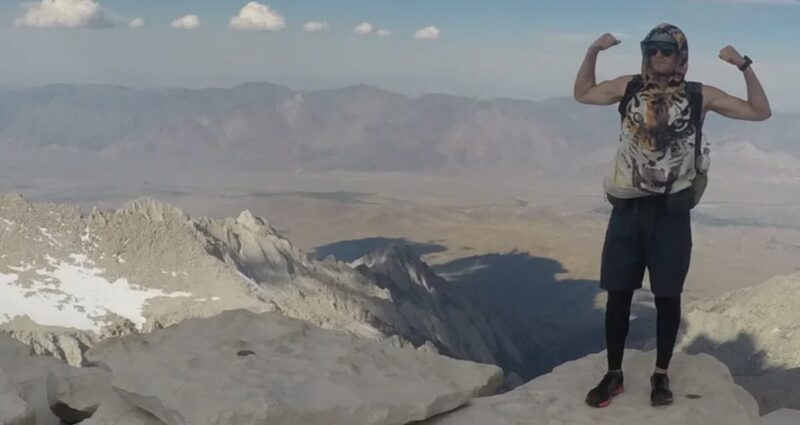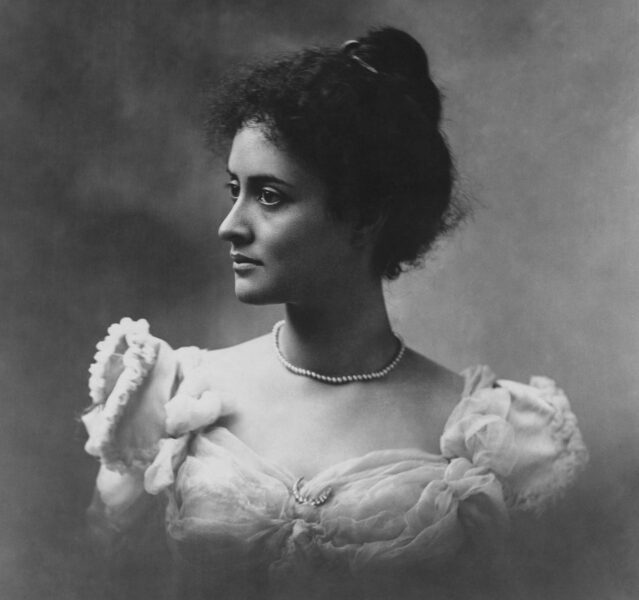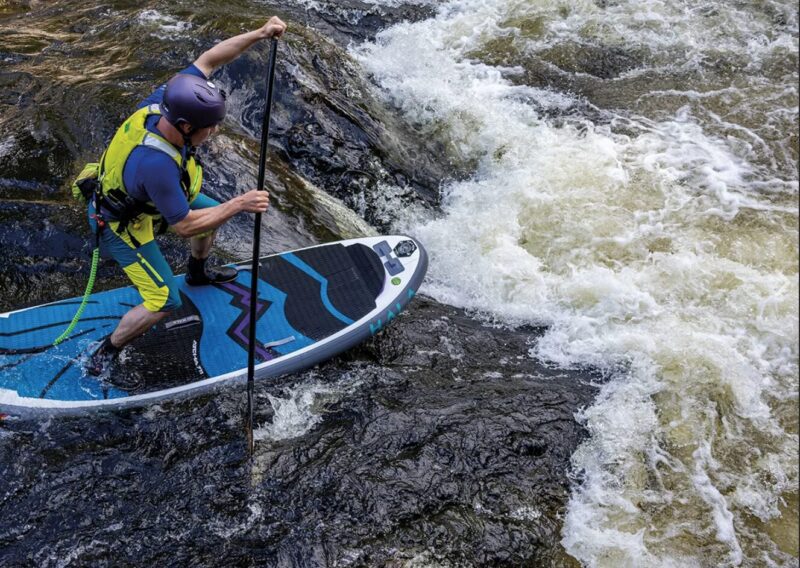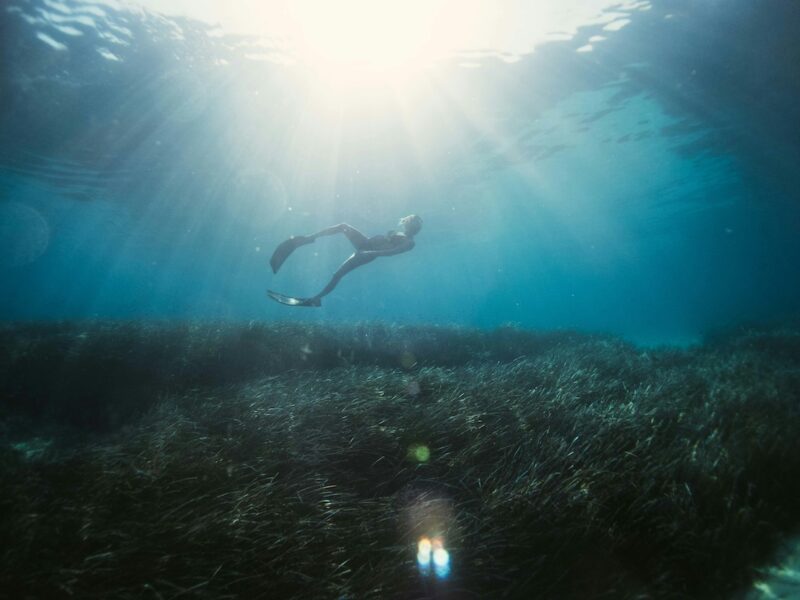When we're not outdoors, we get our adventure fix by exploring social media and the web. Here are some of the best adventure links we discovered this week.
A freediver discovers his belonging without breathing: After several minutes of floating meditation, this freediver takes a deep breath and dives below the surface. Sally Montgomery has learned to live on one breath and recognize the signs in her body that she needs to rise to the surface.
An oxygen monitor on Montgomery's finger shows that when she thinks she's going to pass out, she has a lot more time than she imagined. All she has to do is relax and find calm underwater.
Sailing in Alaska? Watch out for tsunamis: In 2015, a landslide triggered 200m waves in Tann Fiord and Icy Bay. Fortunately, the bay was empty. But cruise ships sneak into Icy Bay. If a tsunami occurred while a cruise ship was nearby, it would be catastrophic. Global temperatures are rising and glaciers are less stable, but more people than ever are heading to remote areas of Alaska.

Photo: Jeff Garmire
Hiking Tips
How to hike the John Muir Trail: In August 2019, Jeff Garmire posted the fastest known time on the John Muir Trail. He completed the 340 km course in three days, 47 minutes and 56 seconds.
Garmire believes the accessibility of the John Muir Trail makes it special. It is suitable for hikers of all levels, as long as you plan carefully. Garmire shares his tips on which direction to go, the best time of year to hike, resupply strategies, and what gear you'll need.
Five wild stories about riding the waves: Atlas Obscura brings together five of surfing's best stories, from the Hawaiian princess who saved surfing from overzealous missionaries to winter surfing in the Great Lakes and the dark history of the iconic “relax” gesture.

Princess Ka'iulani, last heir to the Hawaiian crown. Photo: Hawaii State Archives
Lose a mast
Sam Goodchild, Vendée Globe hopeful, dismasted during a Transat: Sam Goodchild dismasted during the famous transatlantic race. Goodchild was fourth when he lost his mast two hundred and forty kilometers from Santa Maria. He found a replacement and is now heading to shore. He should still qualify for the Vendée Globe around the world solo this fall.
Could AI reduce search times for missing hikers? Rescue teams are studying how AI could reduce search times. Engineers at the University of Glasgow want to use AI and data from previous rescue missions to maximize the chances of finding missing people. AI could predict which direction people are most likely to move and give coordinates to drones to investigate.

Photo: Jim Miller
A conversation with Jim Miller: Whitewater paddler Jim Miller doesn't limit himself to just one discipline. He goes rafting, kayaks and canoes. He now focuses on stand-up paddleboarding.
Miller remembers rowing in France as a child, but his true love blossomed in 2013 when he moved to Scotland. He talks about gear recommendations, tips for beginners, and how to stay safe in harsh conditions.
An ethical place to swim with whales: Whale watching brings in two billion dollars a year. Most whale watching companies work to protect whales, but not all. Some tour operators get too close to cetaceans, thus disrupting their feeding and reproduction.
In French Polynesia, all whales, dolphins and porpoises are protected by public ordinance. It is also one of the 10 countries where you can swim with whales. On islands like Tahiti, whales are recognized as legal entities. The region is at the forefront of ethical whale swimming tourism.


